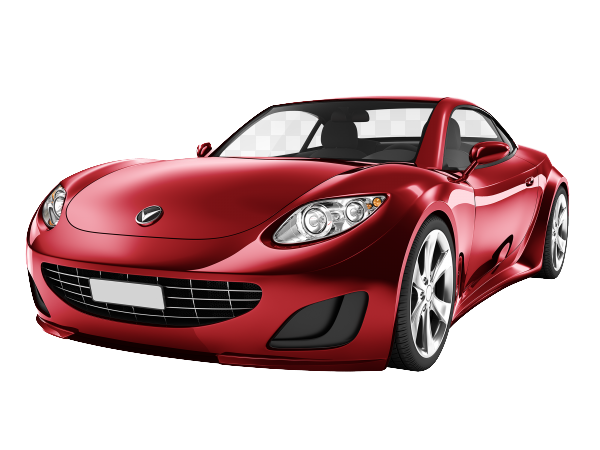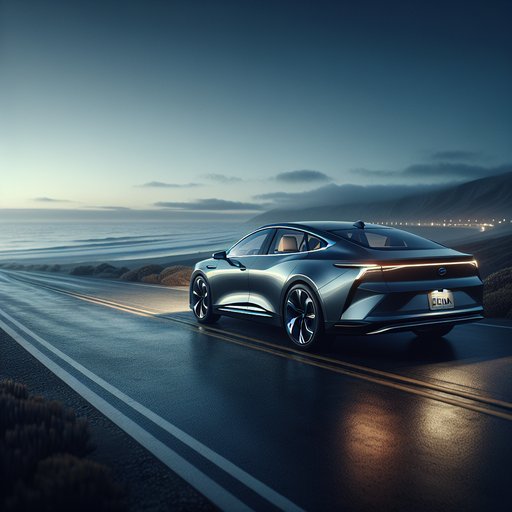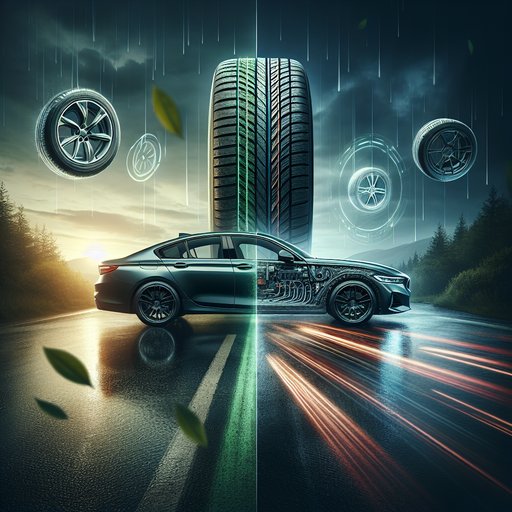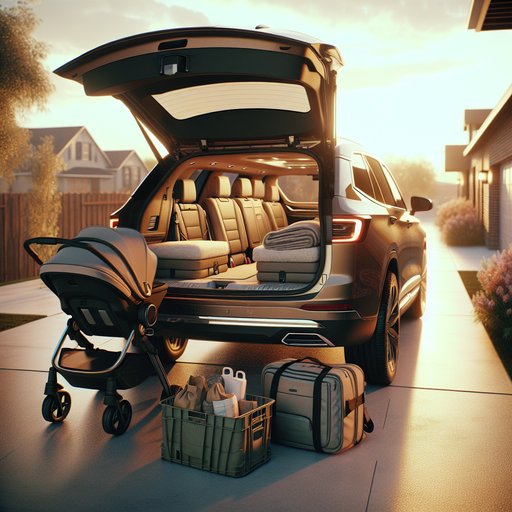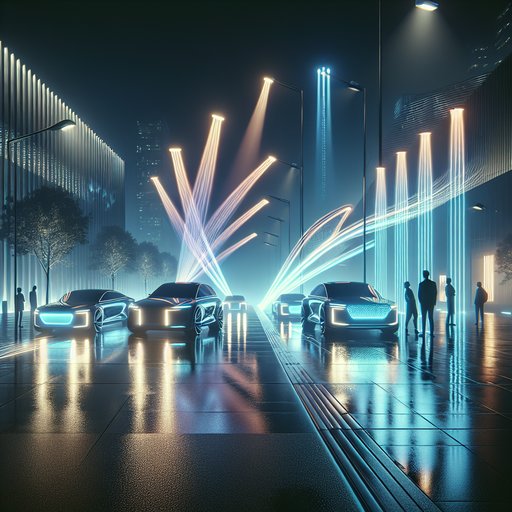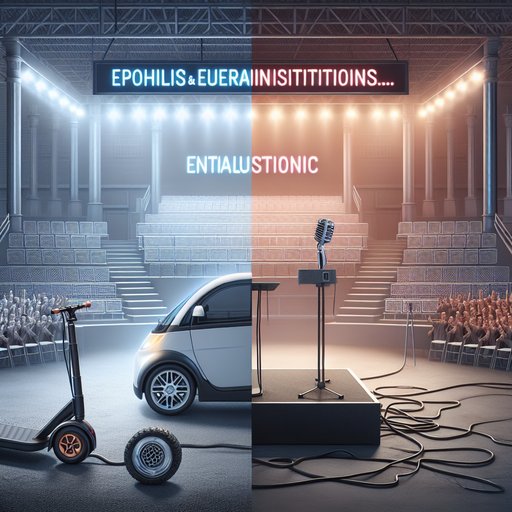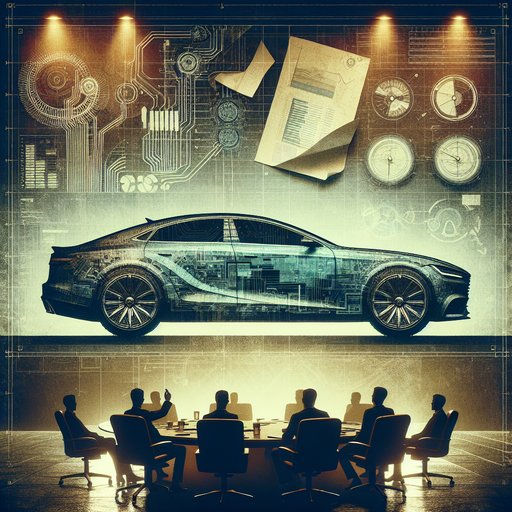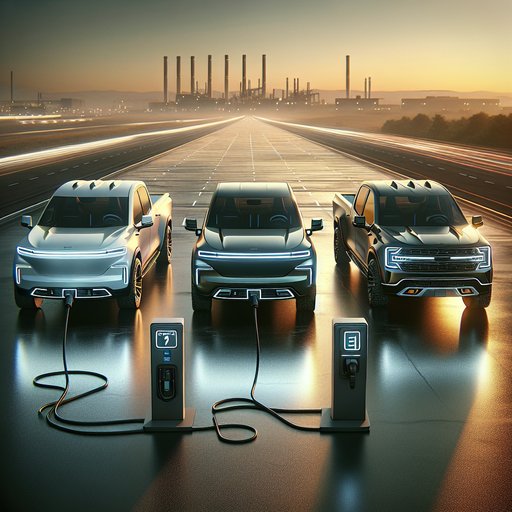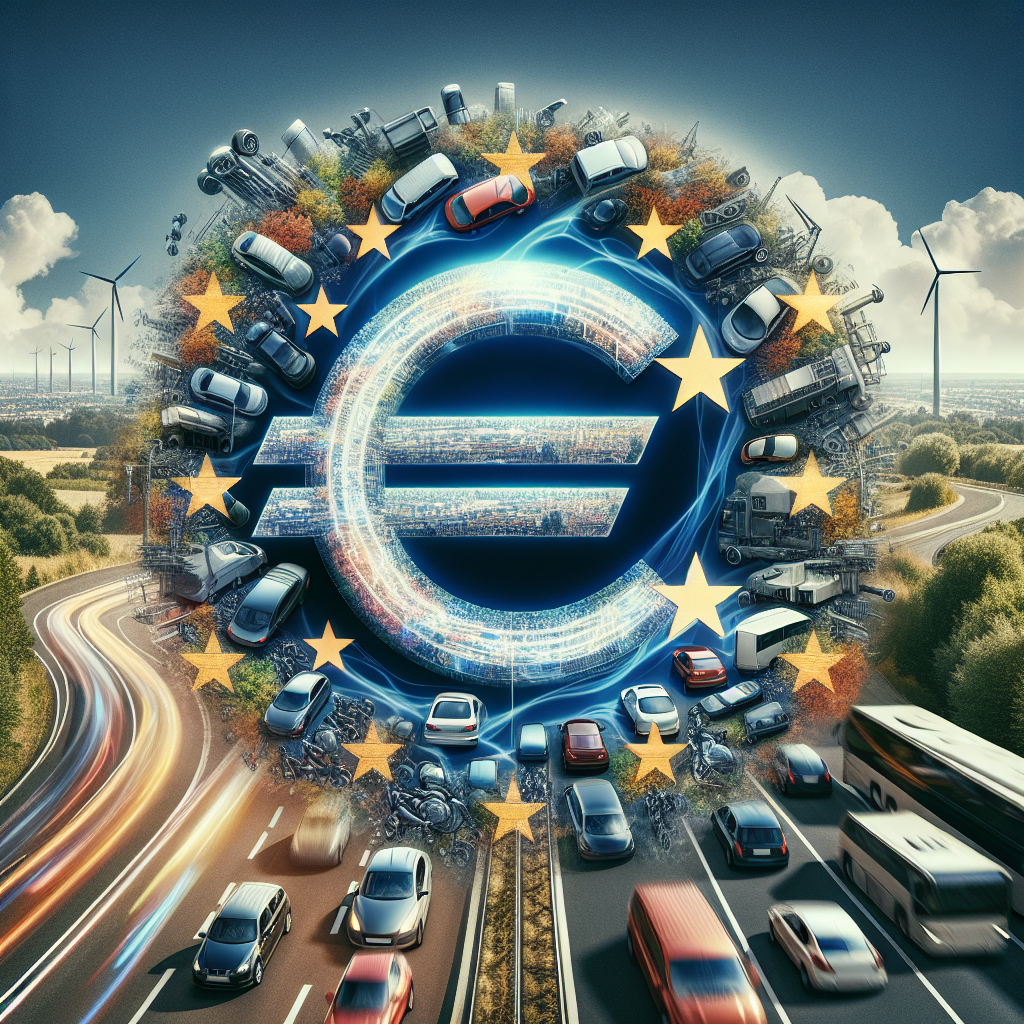
European automakers are grappling with significant market shifts as traditional manufacturers, particularly German brands, face increasing pressure from electric vehicle competitors. The transformation of the automotive landscape has been marked by changing consumer preferences and stringent environmental regulations, forcing established players to reassess their strategies and market positions.
The German automotive industry, long considered Europe's industrial powerhouse, is experiencing a notable decline in market share [The Irish Times](source7). This shift comes as traditional manufacturers struggle to maintain their dominance in an increasingly electrified market, with domestic brands facing fierce competition from international EV manufacturers.
The European Union's electric vehicle market is showing concerning signs of falling behind global competitors, particularly China, the UK, and several Southeast Asian nations [CleanTechnica](source8). This development has prompted European automakers to accelerate their electrification plans and reconsider their market strategies to remain competitive in the global automotive landscape.
Ford, one of the major players in the European market, is preparing to counter these challenges with a new Focus-sized SUV planned for 2027 [Autocar](source5). This strategic move represents part of a broader European fightback strategy, with affordability being a key consideration in the company's future model lineup expansion.
Tesla's market position has seen significant changes, with its EV market share dropping below 40% for the first time since 2017 [MSN](source13). This decline reflects the increasing competition in the electric vehicle segment and the growing number of alternatives available to European consumers.
